Melissa’s work has appeared in The Atlantic, Poets & Writers, Literary Hub, The Washington Post, Origins Journal, Poet Lore, Ploughshares, Brevity, The Believer, Ms. Magazine, Writer’s Digest, Fiction Writer’s Review, and elsewhere. She has been the recipient of the Bread Loaf Bakeless Camargo Foundation Residency Fellowship and the Center for Mark Twain Studies’ Quarry Farm Fellowship. Born and raised in Hannibal, Missouri, she is currently an associate professor in Literature at American University.
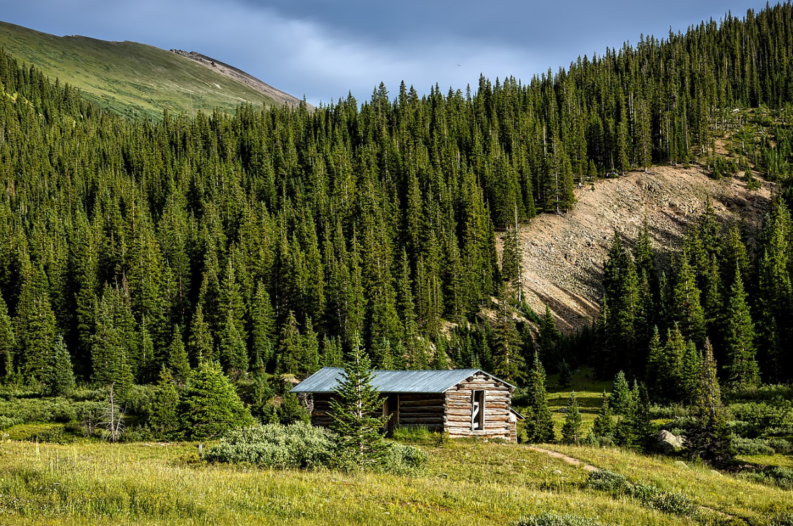 Homestead
Homestead
The Believer Magazine | By Melissa Scholes Young | June 24, 2021
“Survivor Jane is not what I expected. Her auburn hair is pulled back in a ponytail, and her lips are painted tomato red. She wears a khaki button-down shirt, fitted cargo pants, and sturdy leather work boots snug on her petite frame. Survivor Jane steps out from the podium to hype us. She has the swagger of a woman still glowing in her fifteen minutes of fame from being featured on a 2015 episode of the National Geographic Channel’s “Doomsday Preppers” along side her husband, Rick “The Survivalist Gardener” Austin.”
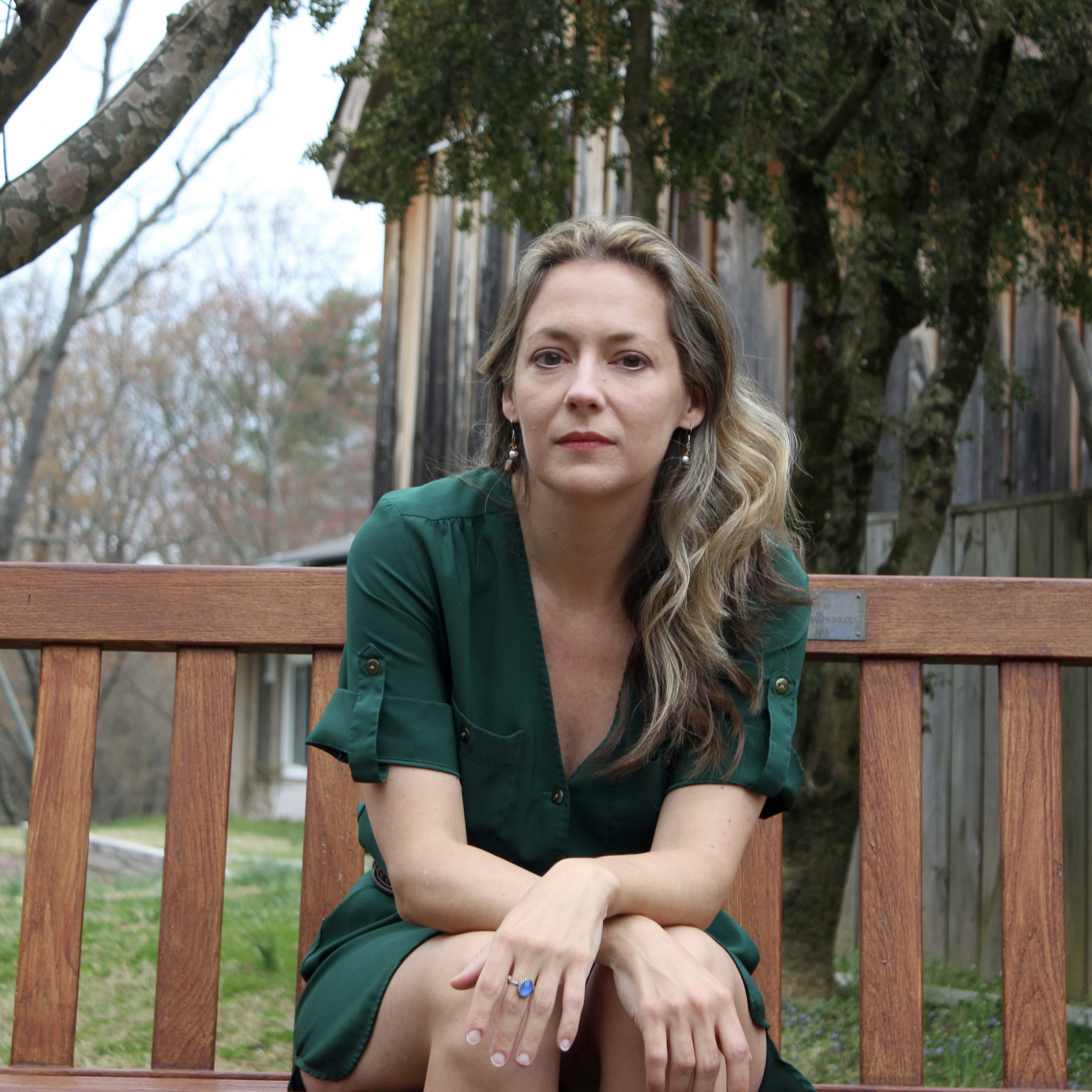 Your Class is Showing
Your Class is Showing
Brevity | By Melissa Scholes Young | June 9, 2021
“At a reading for my first novel, a reader waited patiently at the microphone and asked, “Why would someone like you write about people like this?”
My friend in the front row shook their head. The bookseller hosting me inched closer. I smiled and asked back, “Someone like me? People like this?” The audience laughed. It relieved the tension.”
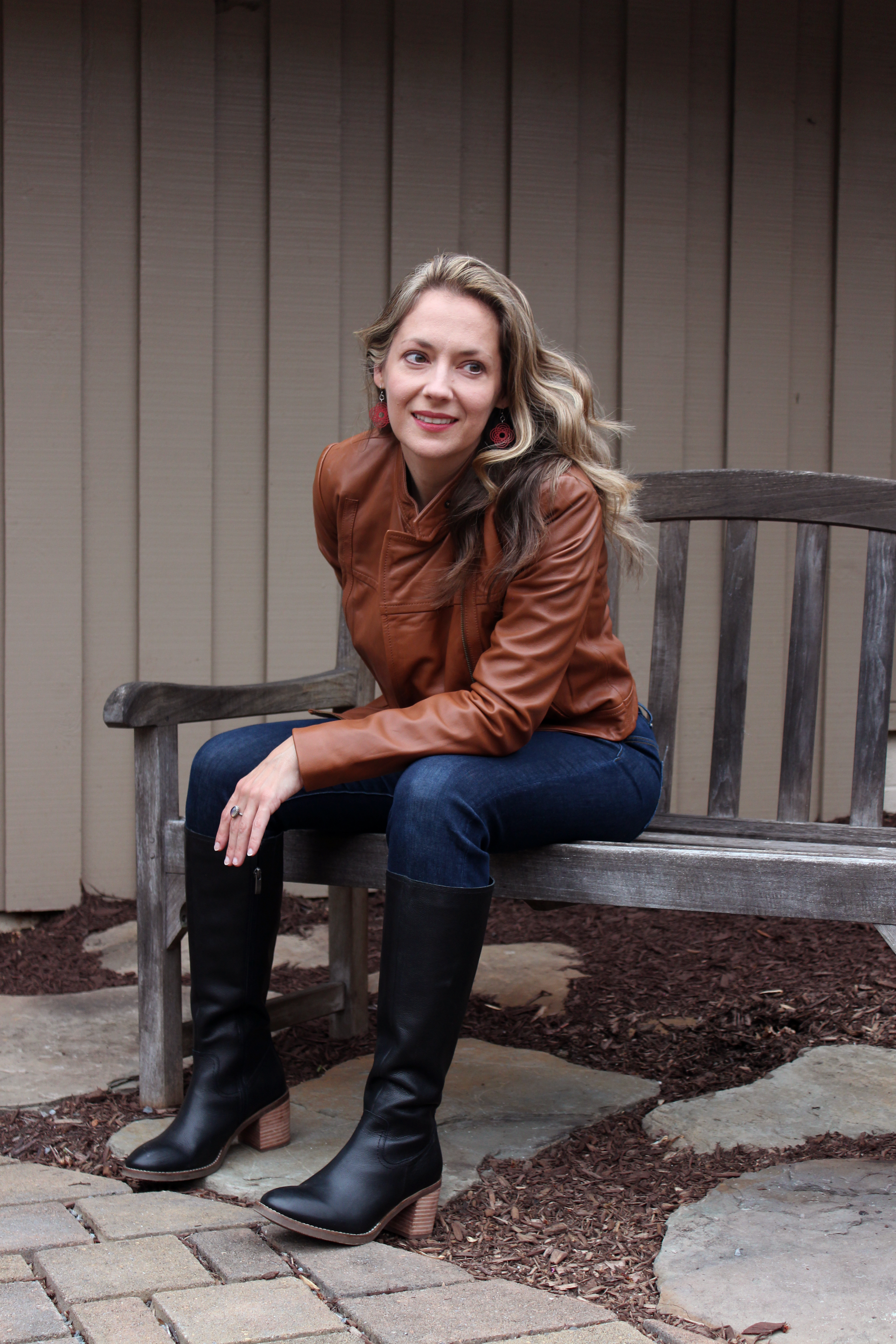 Writing With Intention: On Hiring a Sensitivity Reader
Writing With Intention: On Hiring a Sensitivity Reader
Writer’s Digest | By Melissa Scholes Young | June 8, 2021
“Whether you’re looking to pitch your work to an agent or are setting out on your self-publishing journey, author Melissa Scholes Young has some tips for hiring a sensitivity reader to up-level your work.”
 On Writing The Hive
On Writing The Hive
Women Writers, Women’s Books | By Melissa Scholes Young | June 8, 2021
“Dear Reader,
Political and personal struggles are rifting our hometowns, our communities, and our families. They are occurring on the dirt road I grew up on in rural Missouri near the banks of the Mississippi River and near the campus where I teach in Washington, D.C.”
 What Needs Done: The Love and Burden of a Family Business
What Needs Done: The Love and Burden of a Family Business
Literary Hub | By Melissa Scholes Young | April 12, 2021
“On the radio in the 1980s, between the latest hits by Richard Marx and Madonna, my eight-year-old voice told the tri-state area of Missouri, Illinois, and Iowa about our family’s pest control business. Dad thought a commercial would bring in new clients who needed peanut butter glueboards and termite inspections. One night after work he brought home a tape recorder with a plug-in microphone. We stayed up late at the kitchen table rewriting our script. I learned not to breathe too much or my voice was muddled. We taped over my mistakes. I tried again and again to sound the way he wanted me to with my signature line: “When you call, tell ‘em Missy sent you.” My brothers mocked me every time it played on the radio, but the local celebrity was plenty.”
 Thank You, Rush Limbaugh, For My Feminism
Thank You, Rush Limbaugh, For My Feminism
Ms. Magazine | By Melissa Scholes Young | February 18, 2021
“Every morning when my dad left for work as a pest control technician, his truck stirred up a cloud of dust on our dirt road in rural Missouri. It was a kind of magic to watch him disappear into a plume of earth.”
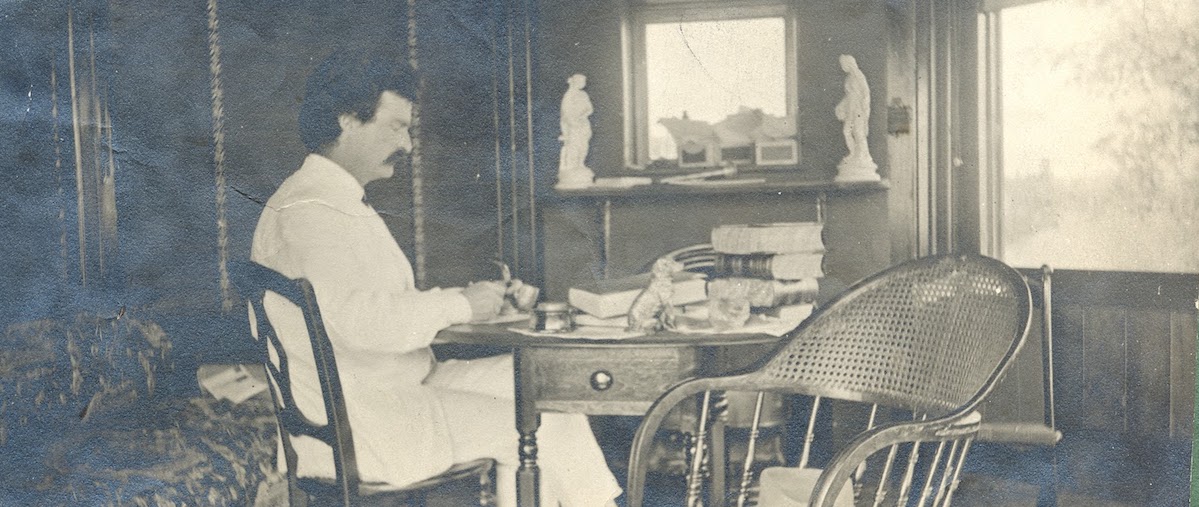 On the Extravagance of Mark Twain’s Family Dishes
On the Extravagance of Mark Twain’s Family Dishes
Literary Hub | By Melissa Scholes Young | November 24, 2020
“Susan Crane’s china isn’t at Quarry Farm anymore. Or at least I can’t find it. I’m rummaging through every cupboard, cabinet, and sideboard looking for it. At Quarry Farm, the family home where Samuel Clemens, aka Mark Twain, summered and wrote his most important works, I search for Susan Crane’s dishes to set the table for my own family’s Thanksgiving meal.”
 I don’t censor the books my children read. I think they’ll be stronger for it.
I don’t censor the books my children read. I think they’ll be stronger for it.
The Washington Post | By Melissa Scholes Young | May 18, 2018
“At book events, I’m often asked whether my debut novel, “Flood,” is appropriate for young readers. The story parallels Mark Twain’s exodus from our shared hometown, Hannibal, Mo., and the characters are modern-day Tom Sawyers and Becky Thatchers — except grown up and wrestling with issues of race, class and rural identity.”
 The Politics of Dialect
The Politics of Dialect
Origins Journal | By Melissa Scholes Young | February 22, 2018
“Every summer, I return to my hometown, Hannibal, Missouri, to reconnect with my roots. I have thirty-seven first cousins and most still live near the dirt road where I grew up. Ten minutes of chatter on my mom’s front porch, holding fast to a sweaty glass of iced tea, and I sound like me again. Inevitably, one of my children comes up from the pond and asks, “How come you talk funny when we’re here?” I’d like to protest, but I’m already drawing out my vowels and slicing my gerunds. Instead, I send the kids off to catch fireflies in a glass jar or gather sticks for roasting marshmallows.”
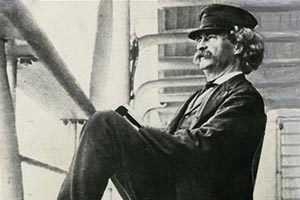 Mark Twain’s America
Mark Twain’s America
CAS Literature | By Melissa Scholes Young | June 20, 2017
“I’ve always been interested in how we construct identity. One of the themes I wrestle with in FLOOD is whether the stories we tell ourselves are true. In this book, Clara Clemens tells us about Mark Twain, literary persona vs. Samuel Clemens, the man she knew as father. In her grief, she recounts a magical childhood as the daughter of a great storyteller.”
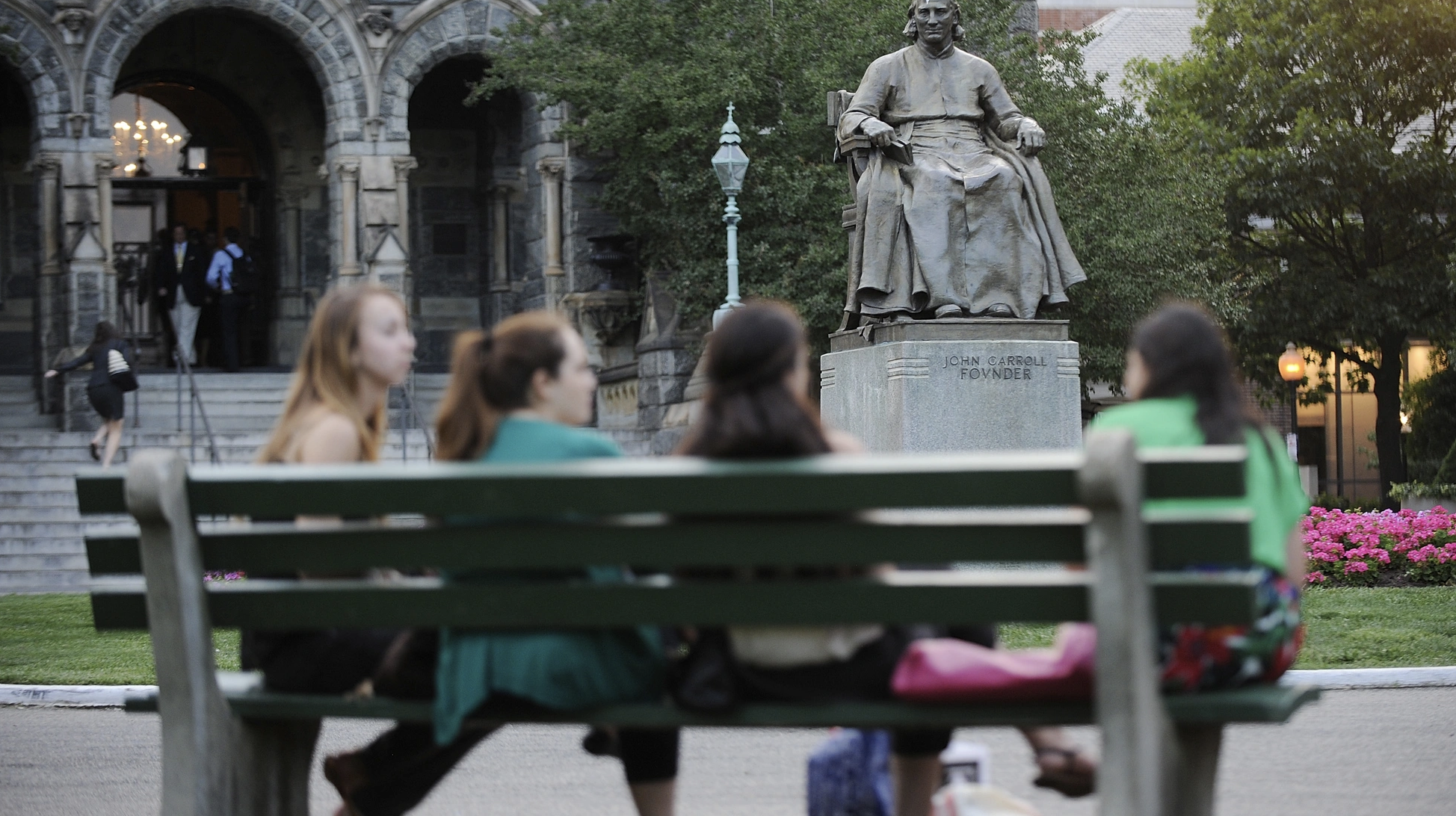 The Cost of Being First
The Cost of Being First
The Atlantic | By Melissa Scholes Young | October 16, 2016
“When Chris was accepted into the Georgetown’s School of Foreign Service, he didn’t think of himself as a first-generation college student. Acknowledging his first-generation identity and how it influenced his path came years later, but the label assigned by his college is only a part of Chris’s individual story.”
 Why teachers struggle to teach their own children
Why teachers struggle to teach their own children
The Washington Post | By Melissa Scholes Young | August 19, 2016
“It was 95 degrees in the parking lot at the base of the Frederick Douglass National Historic Site on the June day my daughters and I visited. We sprinted for the air conditioning of the visitor information center. As a documentary of Douglass’s life played and we roamed the lobby exhibits, I casually mentioned to my children, “I teach his books to my college students. I’m happy to answer any questions.””
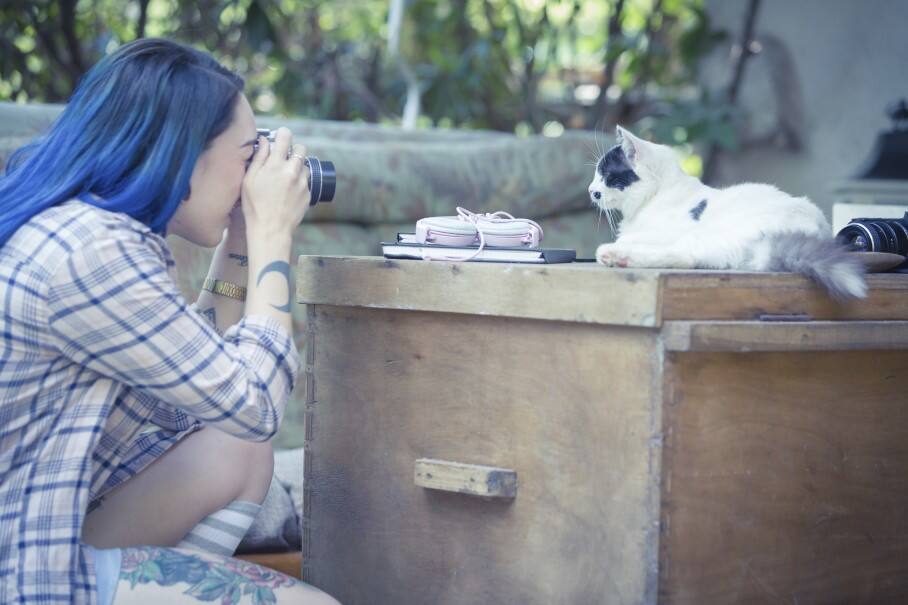 Why I let my third-grader dye her hair blue
Why I let my third-grader dye her hair blue
The Washington Post | By Melissa Scholes Young | May 9, 2016
“My daughter wants to dye her hair electric blue the night before the first day of third grade. “It matters, Mom,” she says. “I don’t want to look like everyone else.””
 Navigating Campus Together
Navigating Campus Together
The Atlantic | By Melissa Scholes Young | May 6, 2016
“I knew Sarah was one of them on the first day of class. We made eye contact as I reviewed the lengthy roll of campus resources listed on my syllabus. “Just so you know,” I said, “all of these people are here to help you. No extra charge. You’ve already paid tuition. These services are included.” Sarah’s classmates doodled on the syllabus. Some transferred essay due dates from the course schedule into their calendars. But Sarah drew a star next to one of the resources. “You might as well use them, right?” I added. Writing centers and campus counselors and diversity-inclusion programs want students to succeed. But as a first-generation college student I avoided all of them, assuming I couldn’t afford the extra bill. Now, as college faculty, I want my students to know what I didn’t.”
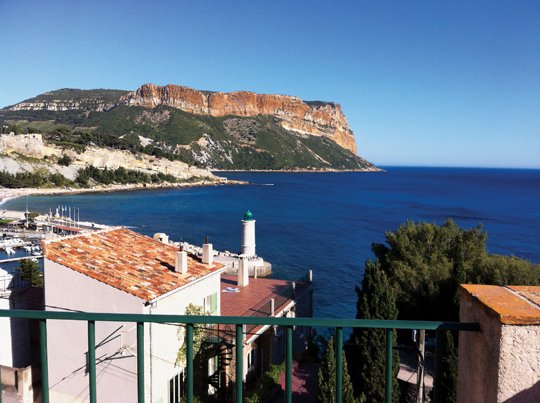 A Residency of One’s Own: Navigating the Complicated Path to a Writers Retreat
A Residency of One’s Own: Navigating the Complicated Path to a Writers Retreat
Poets & Writers | By Melissa Scholes Young | February 10, 2016
“What about the kids?” they asked, again and again, especially the women, when I shared the news of my upcoming writing residency. To which I thought: “I didn’t stop being a writer when I gave birth; I won’t stop being a mother during my retreat.”
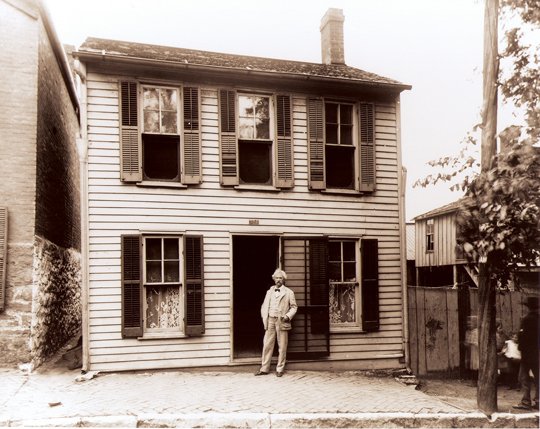 Where We Write: Hannibal, Missouri
Where We Write: Hannibal, Missouri
Poets & Writers | By Melissa Scholes Young | November 16, 2013
“When I decided to set my first novel, “Flood,” in Hannibal, Missouri, the hometown I share with Samuel Clemens, aka Mark Twain, I knew I was wading into murky water. One afternoon on a recent visit to Hannibal, my brother asked if I wanted to see his property. He’d purchased forty-seven acres of undeveloped wooded land. In this particular part of the country, where I was born and raised, showing someone your land is akin to sharing a rough draft of your novel. Opening the gates to your property is a form of intimacy in the Midwest. As I sat beside my brother in the front seat of his Chevy truck, bumping along a gravel road ten miles south of town, we passed two men in tattered blue-jean overalls sitting in lawn chairs by a pond with shotguns on their knees. We rounded the corner, coming within twenty feet of their gun barrels. One of the good ole boys raised his gun and aimed at the water.”
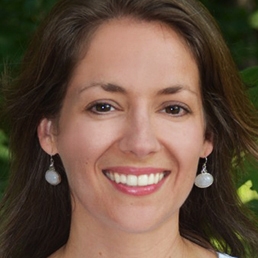 St. John’s River, Florida
St. John’s River, Florida
Narrative Magazine | By Melissa Scholes Young | March 16, 2012
“Dad and I are on the St. John’s River just inside Florida’s Ocala National Forest. Eight ten-foot rods arch from the side of the boat like giant spider legs. Our fishing guide is Denny. His job is to ensure that we catch a lot of fish. He’s a salty dog and I flirt shamelessly with him. Dad threatens to kick Denny’s ass right there in the boat. “It’s her,” Denny waves his cigarette at me, “not me!” But I can do no wrong in my dad’s eyes.”